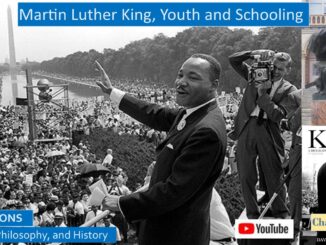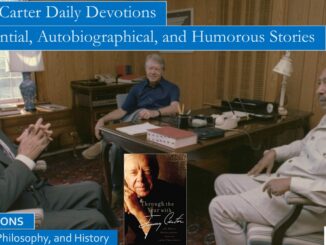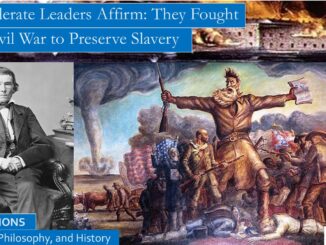
Martin Luther King, Youth and Schooling, Lewis’ Biography Chapters, 1 and 2
The biographer David Levering Lewis observes that “the King family belonged to what is known as the school hard preaching, of which cult of personality, and occasional pinch of exploitation, and sulfurous evangelism are indispensable ingredients.” Martin’s maternal grandfather founded the Ebenezer Baptist Church in Atlanta, and his father, Martin Luther King Sr, grew it into one of the largest and most prestigious black Baptist Churches in Atlanta.
His family was known for their involvement with civil rights. After the disastrous 1906 Atlanta race riots, his maternal grandfather was one of the charter members of the local NAACP chapter. He helped defeat a local bond issue that did not fund any new black schools and was instrumental in advocating the building of Booker T Washington High School, the first school in Atlanta for secondary education. […]


